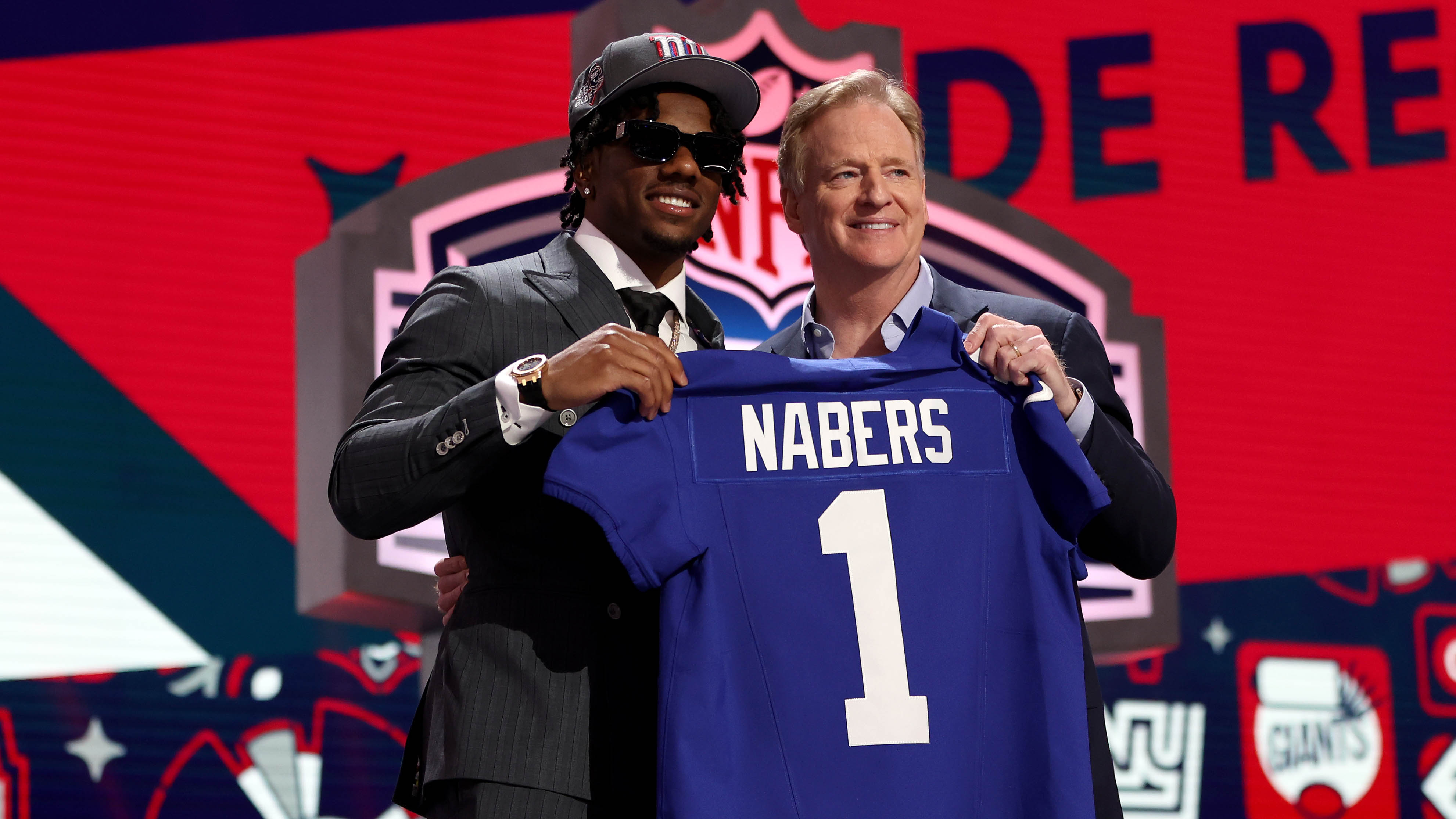Parts of the tri-state saw as much as a foot of heavy, wet snow Monday while others saw a slushy wintry mix, setting up conditions for what Storm Team 4 calls a "flash freeze" that is expected to make driving and walking hazardous through the evening commute.
The weather heavily snarled the commute home for mass transit riders, including those on the no. 7 subway line and people taking rails like Metro-North and Long Island Rail Road.
Temperatures Monday morning climbed above the freezing mark, causing snow and sleet to give way to rain and freezing rain across the area. More than 7 inches of snow fell in the Queens' Bayside before the changeover, according to the National Weather Service, while parts of northern New Jersey recorded 10.5 inches of accumulation. Sullivan County in New York saw a foot of snow.
Gusty snow showers lingered in the Hudson Valley through the late afternoon while areas to the south dried out. A burst of arctic air began moving in at the start of the evening commute, creating the potential for a flash freeze, which is when temperatures plummet by as much as 15 degrees in a matter of hours and slush -- much like the muck lining streets and sidewalks across the five boroughs Monday morning -- turns to rock hard ice, Storm Team 4 says.
Mayor de Blasio urged commuters to avoid the roads completely Monday if possible.
"What we have to do as New Yorkers is do the right thing, do the smart thing and prepare," he said.
The ice-coated snow was expected to be the biggest problem for residents, said de Blasio, who also warned that people should stay out of city parks because of the possibility of falling tree limbs.
On Long Island, a roof collapsed over the Inter-County Bakery in Deer Park in Suffolk County, which is still digging out from last week's blizzard. The weight of the accumulated ice and snow appears have caused the collapse, fire officials said. No one was hurt.
Suffolk County Executive Steve Bellone had reduced speed limits on county roads ahead of the evening commute.
Earlier in the day, five No. 7 trains were stranded between stations, one of them with no heat, for hours after an electrified third rail lost power and then froze. Service was suspended along all or parts of the line for more than six hours, forcing commuters out into the slush to seek other ways of getting to and from work.
In Westchester County's Rye, police said two people were killed in a multi-vehicle accident on I-95 in the early afternoon, as freezing rain -- and some intermittent snow -- fell on the area. Authorities said two vehicles had been involved in an accident and while police were investigating that crash, another vehicle lost control on the roadway and smashed into the two cars involved in the first crash, killing two people. Investigations into both crashes are ongoing.
The messy weather was also affecting flights in and out of the city. Hundreds of flights were canceled Monday morning at the region's three airports.
In New York City, alternate side parking was canceled Monday and Tuesday, as was garbage pickup. Recycling will be picked up Monday night, however.
Brutal cold sets in across the region Monday night, along with dangerous wind chills of up to 15 degrees below zero. Rock salt is only an effective de-icing measure when temperatures are at least 22 degrees, so the arctic air could significantly complicate clean-up efforts.
City officials say that 2,400 pieces of equipment will be used to prevent icing on the streets and roadways Monday night. Smaller pieces of equipment will also be used to prevent icing in crosswalks and at bus stops.
Tuesday's skies are expected to clear but temperatures won't reach the 30s. The frigid conditions come a week after the region withstood tough weather -- and even tougher predictions.
The city and surrounding parts of the tri-state region were virtually shut down after last Monday's storm, with officials in New Jersey, New York and Connecticut closing schools, roads, mass transit and public spaces while declaring states of emergency.
Local
New York City was spared the worst of the storm, getting less than a foot of snow despite forecasts for much greater accumulation. Long Island was hit much harder, with parts of Suffolk County seeing nearly 30 inches of snow.



